The China Nexus: Thirty Years In and Around the Chinese Communist Party’s Tyranny
Benedict Rogers’ “The China Nexus: Thirty Years In and Around the CCP’s Tyranny” traces the mounting repression of the Chinese state
Rana Siu InbodenApril 8, 2024
Gateway to Statesmanship: Selections from Xenophon to Churchill
Review of Intercollegiate Studies Institute President John Burtka IV’s new book “Gateway to Statesmanship: Selections from Xenophon to Churchill”
Justin D. LyonsApril 2, 2024
Bracing Walk on the Other Side of War Literature
Review of River City One by John Waters, a novel of coming home from war
Seth AllardFebruary 20, 2024
Turning Points in American Church History: How Pivotal Events Shaped a Nation and a Faith
Review of Elesha Coffman’s “Turning Points in American Church History: How Pivotal Events Shaped a Nation and a Faith.”
Jeffrey CimminoFebruary 8, 2024
Santa’s Bookshelf: Christmas recommendations from Providence writers and friends
Stock(ing) up on exceptional–or at least important–books for Christmas and New Year reading
Marc LiVeccheDecember 22, 2023
Review of Tim Alberta’s “The Kingdom, The Power, and The Glory: American Evangelicals in an Age of Extremism”
Review of “The Kingdom, The Power, and The Glory” by Tim Alberta
Jeffrey CimminoDecember 7, 2023
George Kennan: Cold War America’s Intellectual-in-Chief
George Kennan was among the greatest American foreign policy minds of the 20th century
Matthew AndersenNovember 21, 2023
1968: A New Dawn
Review of Luke Nichter’s new book “The Year That Broke Politics: Collusion and Chaos in the Presidential Election of 1968”
Dean C. CurryNovember 20, 2023
Getting Sex-Real About Feminism
Erika Bachiochi’s book “The Rights of Women” is an excellent resource for sex-realist feminism in IR
Siobhan Heekin-CanedyNovember 9, 2023


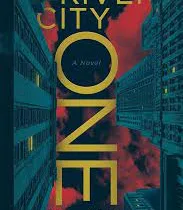
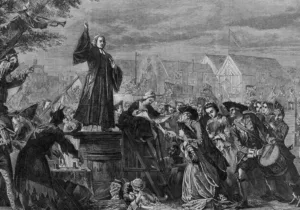

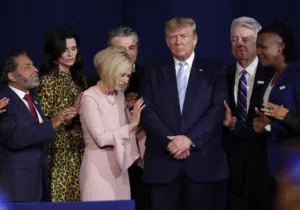
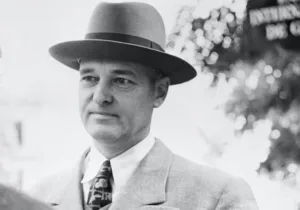
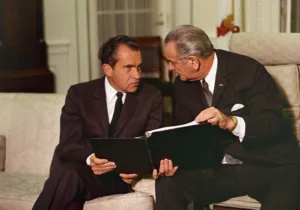
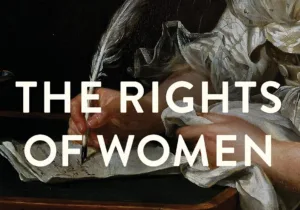

 Sponsor a student for Christianity & National Security 2024
Sponsor a student for Christianity & National Security 2024